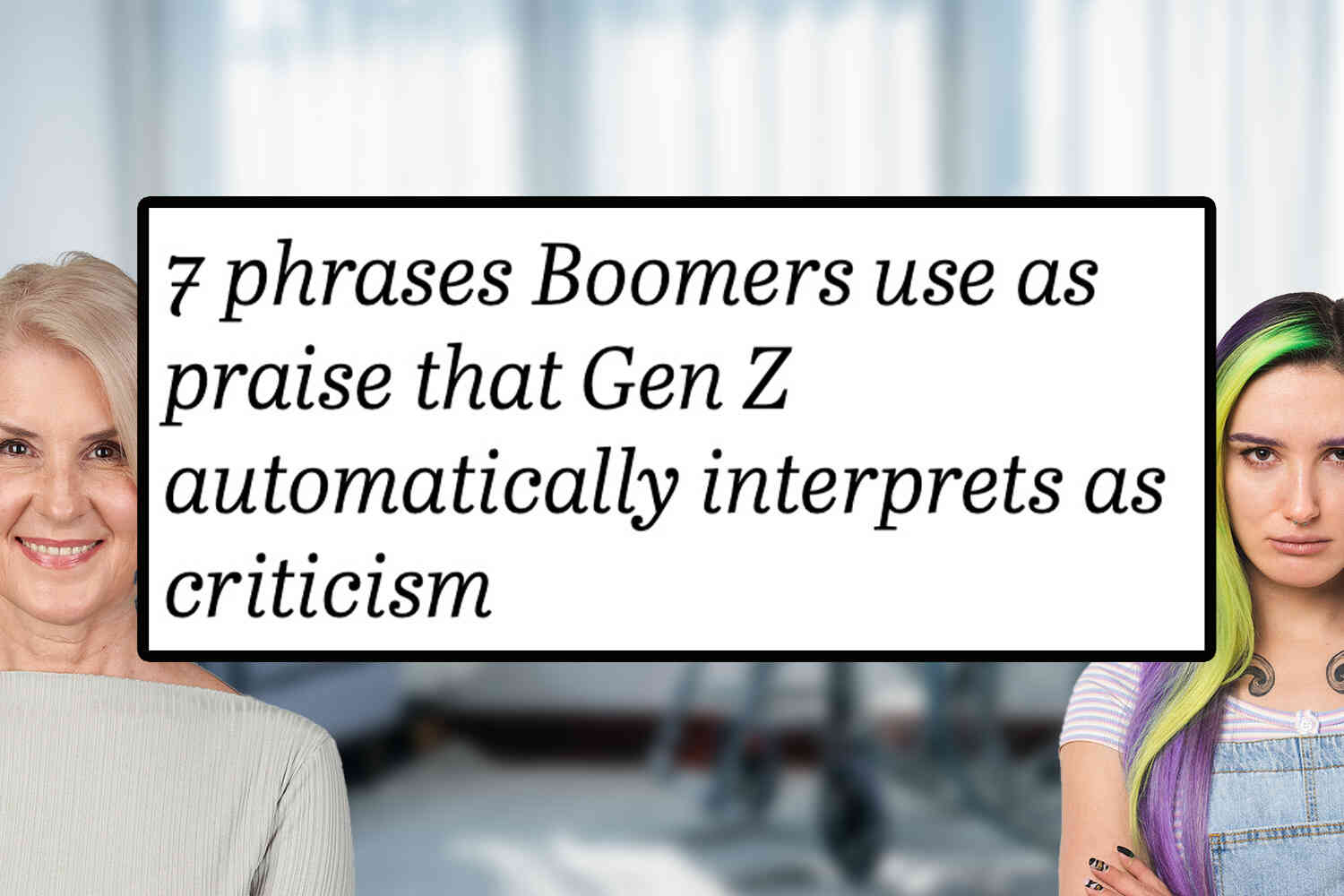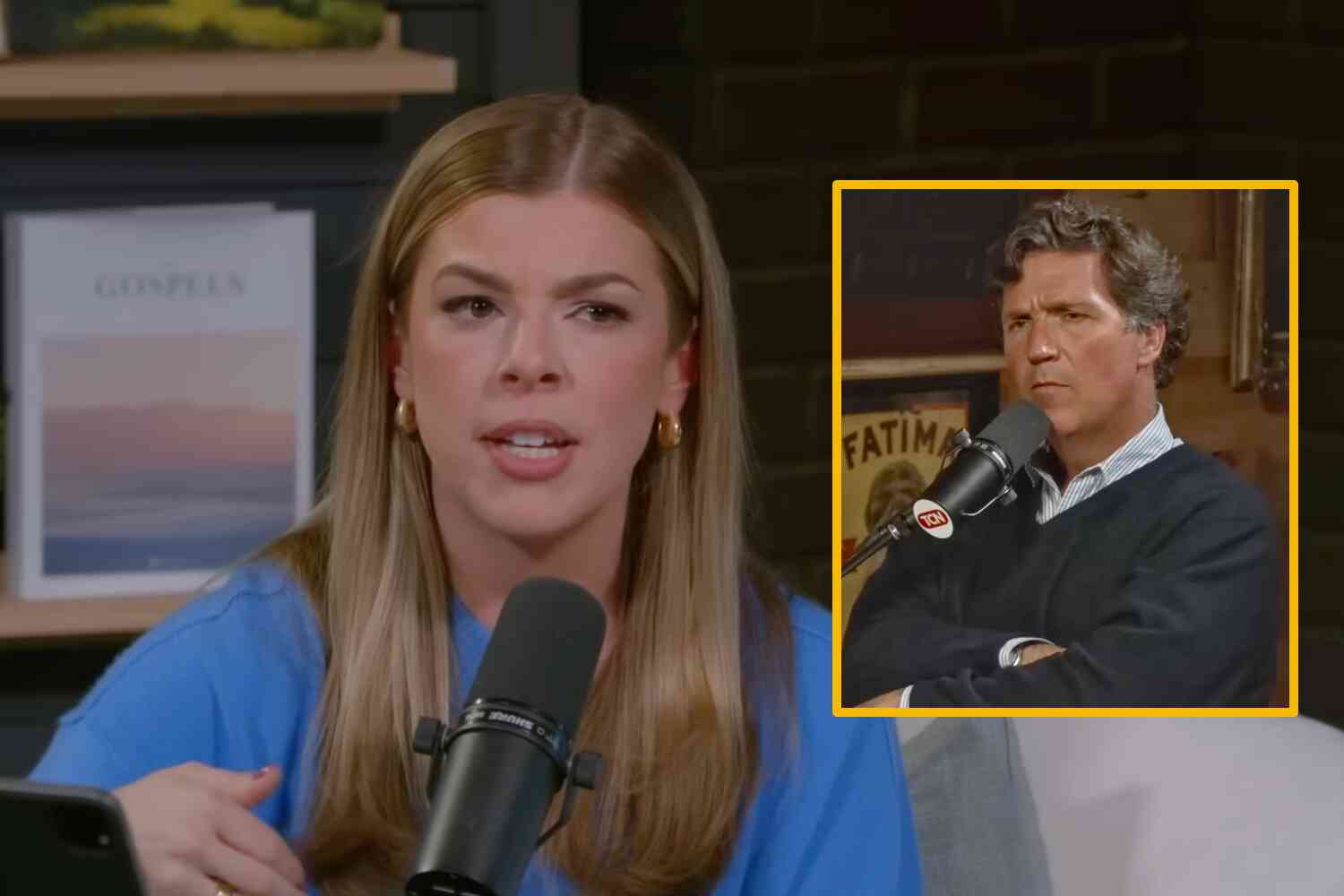Yo, Twitter overlords, since you hate free speech, Imma be really careful how I word this. Let's just stick to the facts.
You literally censored the American Heart Association, you bozos.
Twitter is warning users that the website of the American Heart Association may be "unsafe," after it published an abstract in one of its medical journals containing research linking mRNA COVID-19 jabs to heart inflammation.
The abstract was published in Circulation, a journal of the AHA on the 16th of November. In their research, a team led by former cardiac surgeon Steven Grundy applied a cardiac test to measure a patient's 5-year risk of a new acute coronary syndrome.
The abstract claims a 14-point increase in the five-year risk of acute coronary syndrome in participants. However, the American Heart Association later attached an "expression of concern" to the study, warning readers that it contains "potential errors."
Think about that!
Twitter, a tech company staffed by a bunch of runny-nosed twerps with programming degrees, said it might be "unsafe" to trust the research publications of a 100-year-old professional medical association that has some of the world's top cardio experts.
All because they presented actual scientific data regarding an experimental vaccine for a virus that's only deadly to a fraction of people.
Here's the link for you to see the warning label yourself:
And from the study's abstract:
We conclude that the mRNA vacs dramatically increase inflammation on the endothelium and T cell infiltration of cardiac muscle and may account for the observations of increased thrombosis, cardiomyopathy, and other vascular events following vaccination.
Darn it. I guess Twitter will have to line me up for the firing squad since I just shared this clearly dangerous information.
Have mercy, J̶a̶c̶k̶ ̶D̶o̶r̶s̶e̶y̶ Parag Agrawal!
Twitter is now warning users against traveling to the website of the American Heart Association's journals, telling them that the destination website may be "unsafe" — a designation previously reserved for sites containing viruses and malware, but recently expanded by Twitter to include "misleading content."
Rumor has it that Twitter will be rolling out catchier infographics in the future to let citizens know which information is "safe" for them to think.









